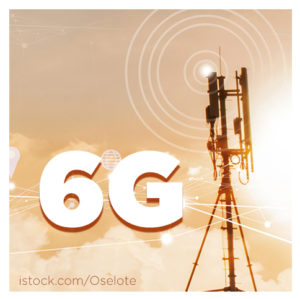The Wireless Infrastructure Association supports the passage of S.3014 in the Senate to establish the Next Generation Telecommunications Council. The council would oversee federal investments and policy development of next-generation technology, including 6G.
The council also would develop a national telecom strategy, including expanding the U.S. global leadership in broadband, expanding the telecom sector workforce, and ensuring that telecommunication networks are resilient and secure, according to sponsors of the bipartisan legislation introduced this week by Sens. Catherine Cortez Masto (D-NV), John Thune (R-SD), Roger Wicker (R-MS), and Chuck Schumer (D-NY).
“WIA strongly supports the Next Generation Telecommunications Act,” said WIA SVP/Government and Public Affairs Matt Mandel. “There is no better way to ensure the U.S. remains the global leader in deploying future broadband networks, including 6G, than for Congress to work with experts in the industry to develop a national strategy in advance.”
Designated members of the council would include the deputy secretary of Commerce, the assistant secretary of Commerce for communications and information, the undersecretary of the National Institute of Standards and Technology, the chair of the FCC, the director of the National Science Foundation, and three members appointed by the Senate, among others.
“We’ve got to promote American competitiveness in these kinds of cutting-edge technologies that we’re building in Nevada,” Cortez Masto said in a statement. “That means improving access to quality broadband, ensuring we have the necessary workforce, and putting in safeguards to make sure we protect emerging technologies.”
“Ensuring the [U.S.] remains a leader in next-generation communications has long been a priority of mine. This bill would allow the [U.S.] to continue competing on the global stage, and it would help prepare the [country] to lead the way in deploying next-generation technology, including 6G,” Thune said.





Reader Interactions